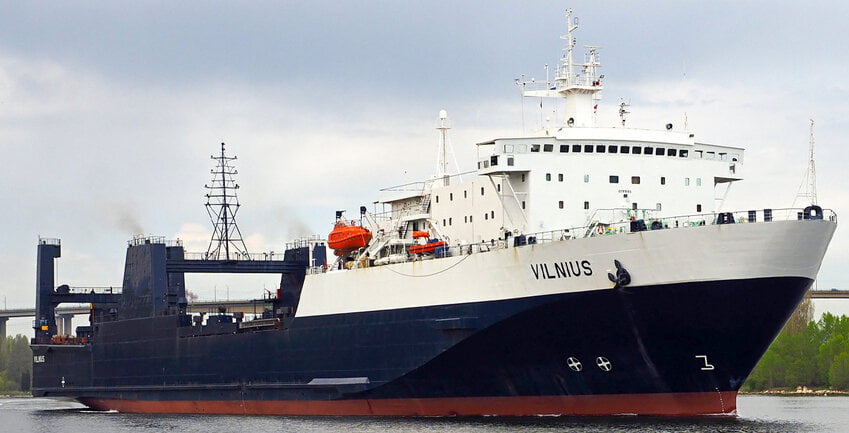According to EastFruit analysts, in connection with attacks on civilian ships, allegedly by Yemen’s Houthi rebels, the world’s largest shipping company, Maersk, has suspended all shipments through the Red Sea. Vessels already on their way are waiting to continue their movement in roadsteads in safe zones. The German shipping company Hapag-Lloyd made a similar decision.
According to unofficial information, it is expected that the delay in cargo deliveries, if the security problem is resolved quickly enough, can reach 20 days, which is a critically long period for many types of fresh fruits and vegetables. It is possible that the problem will not be solved for much longer, and then the situation will already become threatening, since the route through the Red Sea is one of the busiest in the world and many fruits and vegetables pass through it.
“Ukrainian apple exporters will face problems supplying the markets of the Middle East, which are currently the main importers of Ukrainian fresh apples. Suppliers from Poland, Italy and, of course, Moldova will have similar problems. In these conditions, apple exporters from Iran will have an advantage on the Indian and UAE markets,” says produce market expert Fedir Rybalko.
It is completely unclear what to do with apples and other fresh fruits and vegetables that will spoil as a result of these events and who will be responsible for this. Now Ukrainian farmers are urgently considering the possibility of exporting apples via other routes, but the current situation will obviously lead to a sharp increase in freight costs and increase travel time. And this, in turn, can make apple exports unprofitable.
“In addition to exports, problems will also arise with the imports of some goods that are imported along this route. In particular, we are talking about imports of table grapes from India, avocados from Kenya and seasonal products from South Africa and Israel, but these problems will not become as critical for the countries of Eastern Europe as the situation with exports,” notes Andriy Yarmak, economist at the investment department of the Food and Agriculture UN organizations (FAO).
EastFruit experts continue to closely monitor the situation and will update our readers as any changes occur. In the meantime, we recommend that market participants look for alternative logistics routes for export.
The use of the site materials is free if there is a direct and open for search engines hyperlink to a specific publication of the East-Fruit.com website.




